Revealed: How Richter voted when Van Cliburn won
NewsLegend has it that the uncontrollable Sviatoslav Richter skewed the results of the first Tchaikovsky Competition in Moscow by giving full marks to the American Van Cliburn and zero to everyone else.
But the voting sheet has now come to light, thanks to the Australian pianist Sean Hennessy-Brose. It shows that Richter scored 24 for Van Cliburn – but he also gave 23 and 25 to two other contestants.
Another legend bites the dust.
UPDATE: Blowing up the image it appears he gave 25 to Van Cliburn, 24 to Lev Vlassenko and 23 to Naum Shtarkman.
See also: Analysing the votes at the 1958…

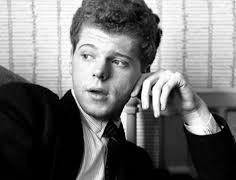
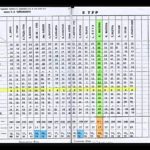
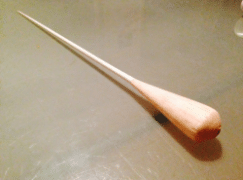
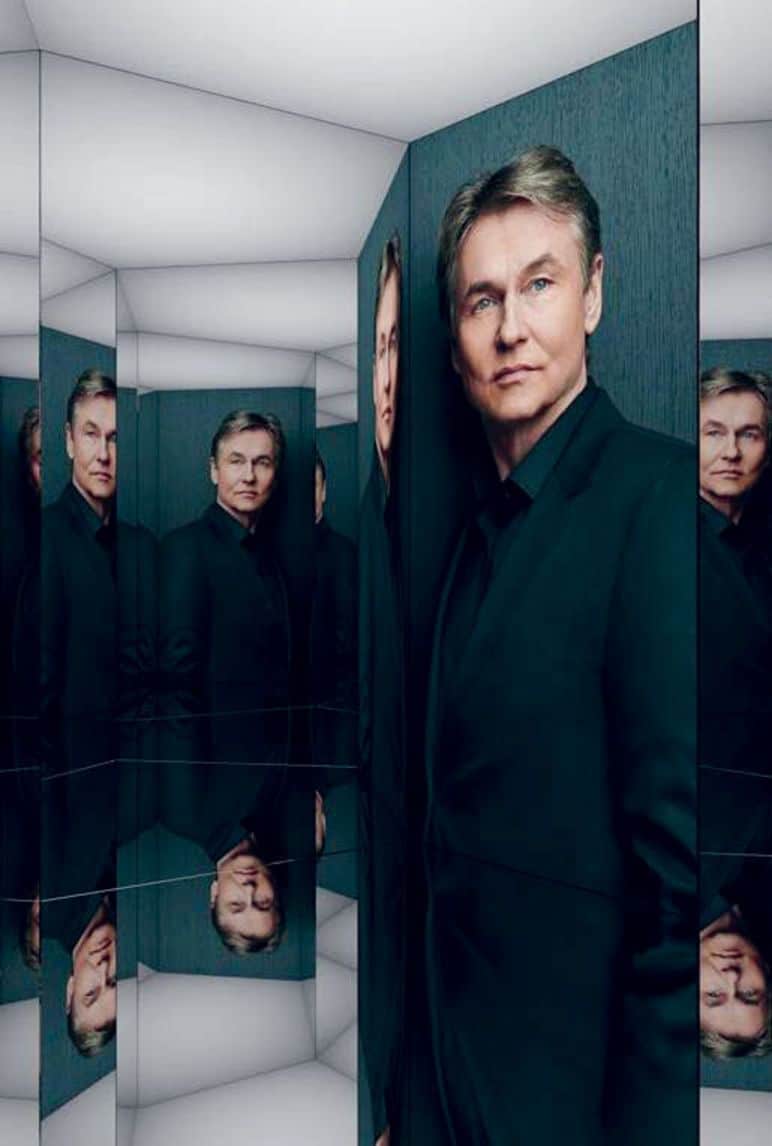
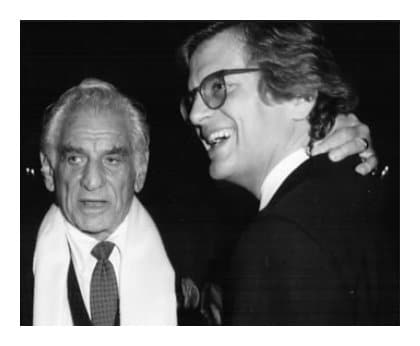
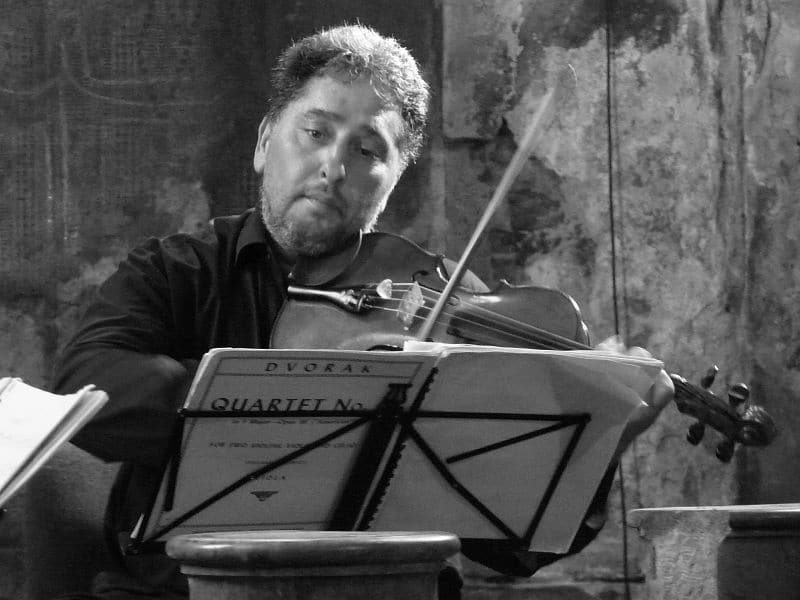
This has been known for a while now – the votes appeared in a recent book about Cliburn. But a look at the list of contestants is enough to demonstrate that there was no one of Cliburn’s calibre. Had the Soviet’s even dreamed that such an American pianist existed, they would have put Ashkenazy into the competition, as they did in 1962.
The Soviets could also have put Lazar Berman into the competition. How interesting it might have been if Cliburn had come up against Ashkenazy & Berman.
The green highlighted scores are for Vlasenko. Indeed Richter gave 24 to Vlasenko. However, the scorecard shows he gave 25 (his top score) to the one and only Van Cliburn. The legend is (partially) restored!
I confess that my knowledge of Kyrillic alphabet isn’t strong, but it looks like the yellow column with the high mark of 411 total is Lev Vlassenko, who took second place, and Cliburn is in the sixth column with 393. There’s probably more than meets the eye in this score sheet.
My Cyrillic is not great, but it seems that the column highlighted in green is for Lev Vlassenko, who tied for second place with Liu Shikun (5th column from the left). Van Cliburn is the 6th column from the left: not the highest score. The third prize winner (Naum Shtarkman) is 3 columns to the left from Vlassenko. So perhaps the legend is still intact…? I wonder what “II TYP” means.
Second round.
My Cyrillic is pretty good, capitals red and cursive written:
may I help you?
It means “Second Round”.
The one highlighted, with 24, is L. Vlasenko. Richter seems to have given Cliburn 25 points.
This scoresheet looks to be from the second round.
Yes, but in spirit this urban myth was on the right lines because Richter gave many scores in single digits. If you took median scores for all the jurors, SR was surely the lowest by a long way
Looks like Cliburn scored the 25.
I am understading that, after the second round, Richter gave 25 to Van Cliburn (sixth column) and 24 to Lev Vlassenko, whose marks are highlighted in green.
Hi Norman: Van Cliburn’s column is the 6th from the right, and would seem to indicate that Richter did give him a 25. The column highlighted in green is for one L. Vasenko, and would seem to indicate that he received the highest score for this round, apparently the 2nd round. It in fact shows that two of the contestants received higher scores for this round. I have no idea what the voting procedure was, but is this trying to suggest that someone else should have won? A quick googling did not come up with the original source for this: do you have a link?
Who was the player that Richter gave a 25 to? That’d be an interesting historical trivia factoid!
It was Van Cliburn.
I wonder who got 25 from Richter.
Wonder no more: it was Van Cliburn.
An update with a correction is needed here. According to the voting sheet shown, the claim that Richter gave scores of zero to all of Cliburn’s competitors is indeed false, but he did actually rank Cliburn first. The score of 24 mentioned in the article and highlighted on the voting sheet was for Lev Vlassenko, and the 23 was for Liu Shikun, who shared the second prize with Vlassenko. Richter’s maximum score of 25 was for Cliburn.
We were in cold war too …US had to be favoured.
But Richter is not the type to give in to please the party.
But finally:Van Cliburn was good whatever his prize.
But RIchter is better.He gave wonderful recitals in that year(1958).
This scoresheet is headed II TYP and therefore presumably relates only to the 2nd round . This probably explains why Van Cliburn was on 393 whereas Vlasenko at that stage was on 411. I expect there are at least two further scoresheets to be found
The corrected version of the post hasn’t made it all the way to accuracy. Richter gave 23 points to Liu Shikun, not Shtarkman, who is ninth from right (15 points).
The update contains another error. Forgive me for repeating information from my previous comment, but Richter gave Liu Shikun, not Naum Shtarkman, a 23. Shtarkman was one of four competitors who received a 15 from Richter.
This does come from a non-seasoned Cyrillic reader, but apart from Richter, Van Cliburn also received a 25 from Pancho Vladigerov (2nd row), Dmitry Kabalevsky (3rd row), Heinrich Neuhaus (11th row)
Interesting that Richter’s scoring approach differed from the others.
He identified his top three, who got 23, 24, and 25 marks. To all others he gave either 15 marks or 3 marks. Keeps it simple.
The “update” by Norman Lebrecht is incorrect: this second round scoresheet shows that Sviatoslav Richter gave 23 to Liu Shi Kun, but only 15 to Naum Shtarkman who received much higher marks from all other jurors. So, if anyone was hurt by Richter’s extreme scoring, it was Shtarkman.
My piano teacher that attended First Tchaikovsky competition told that audience gave the longest applauds to Jerome Lowenthal that played Beethoven Hammerclavir sonata but he didn’t get to finals. Only one American could be designated finalist. JL had sustanable career as pianist and teacher and still going strong.
Actually, two of the four Americans who entered the competition made it to the finals: Cliburn and Daniel Pollack. The latter placed eighth.
And Time Magazine issues in 1958 (yes, hard to believe that they covered the competition with multiple articles!) noted that Pollack, with 8th place, received ovations in the last round that were overlooked abroad in the wake of Cliburn’s fabulous success. It was quite a feather in Pollack’s hat, and he always retained some popularity with Russian audiences in later years.
Richter voted the way he played — hysterically. Most unpleasant is the low note he have to Shtarkman. If he was involved in some manipulation to put Van Cliburn on top, it was subtle and shared by Neuhaus, who also gave Vlassenko 23 and Van Cliburn 25. From the data, the 2nd round was won by Vlassenko. Two of the best participants both spent 8 years in prison: Shtarkman for being homosexual and Shikun for being a pianist. The data is interesting and begs for in-depth analysis.
Interesting, indeed. Looking at the structure of the votes, my first impression is that it was Neuhaus and Richter playing together and opposed mostly to Sequeira Costa and Camargo Guarnieri, with everyone else in the middle. So, in matters of taste, it was German vs. Portuguese and contestant-wise Van Cliburn vs. Shtarkman. I may write again if I find anything else worth mentioning.
Actually, the sixth from left is Van Cliburn, if my rusty Russian serves me well. And Richter voted 25. The green highlight is on another pianist.
Still, it’s fascinating to see such insider information for the selecting of “top pianist” – for lack of a better term.
The most overrated pianist of that generation – one wonders if he would have garnered any attention had he been short and overweight…..
He deserved to win that year. His performances sounded fresh with a big sound and virtuosic ease. He sounded more Russian than the Russians themselves. It was later in his career that his pianism was throttled by being cautious or bored or both. Incredible piano teachers back then: Rosina Lhevinne. Heinrich Neuhaus, and Alexander Goldenweiser.
It appears from the image, though, that he gave a lot of 3’s while nobody else gave any contestant any single digits, so the legend isn’t completely unfounded? Also, this is a sheet for the 2nd round, not the 3rd.
Well, he was kind enough to give a 3 to someone like Roger Boutry on account of not “playing music”. One man’s music, you know. . .
I don’t remember where I read about it that a crowd gathered before the conservatory on the night of the voting demanding that the first prize goes to Cliburn and not to Vlassenko. Then terrified Gilels telephoned Khrushchev who swore at him and said he doesn’t care and wants to sleep. So Cliburn got the prize.
In the version of this story that I heard, Khrushchev asked – Is that American really the best? – to which Gilels replied – Yes, I believe he is. – and Khrushchev said something along the lines of – Then give him his first prize and don’t bother me with silly questions anymore!
About the pianist Liu Shikun who shared the second prize with Vlassenko (from Wikipedia): Liu became one of China’s top concert performers until 1966, when the Cultural Revolution and the Gang of Four attacked the country; Western music was banned and, along with thousands of other artists, Liu was arrested. He stayed in prison for eight years.
Liu Shih-Kun played and recorded Liszt’s First Piano Concerto with Seiji Ozawa and the Boston Symphony Orchestra, as part of the BSO’s visit to China in 1979—the first US orchestra allowed to tour China after the Cultural Revolution. That Philips recording also featured the “Little Sisters of the Grassland” concerto for pipa and John Philip Sousa’s “Stars and Stripes Forever,” which had been a big hit with Chinese audiences.
The competition is discussed at length in Stuart Isacoff’s “When the World Stopped to Listen: Van Cliburn’s Cold War Triumph and Its Aftermath.” All of the scores are printed for each round. I thought the book was great, and I was especially interested to learn how hard Emil Gilels was working to maintain fairness in the competition. To each his own, but I’ll always be a huge fan of Cliburn.
https://www.amazon.com/When-World-Stopped-Listen-Aftermath/dp/0385352182/ref=sr_1_2?crid=1V2UETDKWTMJ4&keywords=isacoff+van+cliburn&qid=1640786996&sprefix=isacoff+van+cliburn%2Caps%2C50&sr=8-2
There are other rumours about Richter in other competitions – one, where he gave competitors either 0 or 100, saying, “either they can play the piano or they can’t”, another where he scored one pianist 100 out of 10.
I do not testify as to the accuracy of these.
Reading in the archives of a Newsbulletin edited by Falk Scharz(founders of the FRIENDS OF S.RICHTER) I can confirm that in a book written by a ROSTISLAV DUBINSKY(violonist of the Borodin Quartet from 1946 to 1975 ) that this might be true.Gilels is the one who asked Richter about the 1958 Tchai…competition what he thought of the contestants and replied:by giving ZERO to contestants other than VCB.Also because he hated being in the jury.
Gavrilov confirms that Richter either gave 25(max) or…ZERO.